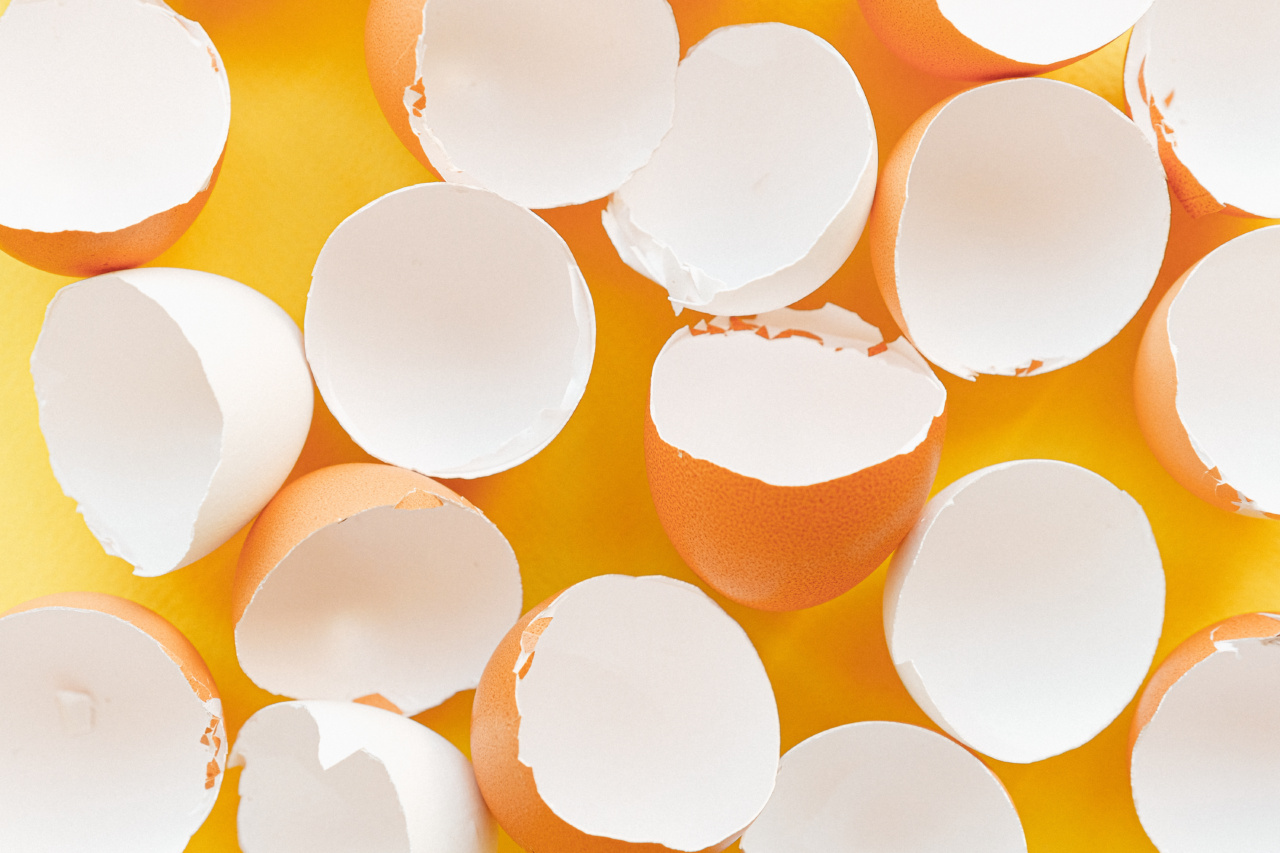There are numerous food myths that have been circulating for years. These myths often lead to confusion and misinformation about what is healthy and what is not.
In this article, we’ll break down some of the most common food myths and explain the truth behind them.
1. Myth: Eggs raise your cholesterol levels
Many people avoid eating eggs due to the belief that they can increase cholesterol levels. However, research has shown that the cholesterol in eggs does not necessarily raise blood cholesterol levels.
In fact, eggs are packed with essential nutrients and can be part of a healthy diet.
2. Myth: Brown sugar is healthier than white sugar
While brown sugar is often perceived as a healthier alternative to white sugar, the truth is that both sugars offer similar nutritional profiles. Brown sugar is simply white sugar mixed with molasses, which gives it its distinct color and flavor.
In terms of calories and carbohydrates, they are virtually the same.
3. Myth: Low-fat or fat-free foods are always healthy
Many people assume that low-fat or fat-free foods are automatically healthier choices. However, these products often compensate for the reduction in fat by increasing sugar or additives.
It is important to read labels and understand the overall nutritional value of these products before assuming they are the better option.
4. Myth: Microwaving food reduces its nutritional value
Contrary to popular belief, microwaving food does not significantly reduce its nutritional value. In fact, microwaving can help retain nutrients due to its shorter cooking time and minimal use of water.
The key is to choose cooking methods that preserve nutrients, such as steaming or microwaving, rather than boiling.
5. Myth: Sea salt is a healthier option than table salt
Many people believe that sea salt is a healthier choice compared to table salt due to its natural extraction process. However, both types of salt are primarily composed of sodium chloride.
While sea salt may contain trace minerals, the amount is usually negligible and unlikely to impact overall health.
6. Myth: Eating after 8 PM leads to weight gain
The idea that eating after a certain hour will automatically lead to weight gain is not supported by scientific evidence. It is the total calories consumed throughout the day that ultimately impact weight management.
What matters most is the quality and quantity of the food consumed rather than the timing.
7. Myth: Organic foods are always healthier
While organic foods are produced without synthetic pesticides or fertilizers, it does not necessarily mean they are nutritionally superior.
The nutrient content of organic and conventionally grown foods can vary, and the decision to choose organic should be based on personal preference or concerns about environmental impact.
8. Myth: Gluten-free means healthier
Gluten-free diets have gained popularity, but it is important to note that gluten is only a concern for individuals with gluten-related disorders.
For the general population, eliminating gluten without a medical reason is unnecessary and may lead to nutritional deficiencies if not adequately balanced.
9. Myth: All calories are created equal
Not all calories are created equal when it comes to nutrition. While the energy content might be the same, the source of those calories and the accompanying nutrients can have a significant impact on overall health.
For example, 100 calories from a soda will have a different effect on your body compared to 100 calories from a piece of fruit.
10. Myth: Eating fat makes you fat
Fat is an essential nutrient that plays crucial roles in our body, including hormone production and absorption of fat-soluble vitamins. The key is to consume healthy fats in moderation and avoid excessive intake.
It is the overall balance of calories consumed and expended that affects weight gain or loss, not solely the intake of dietary fat.






























